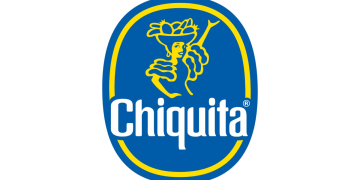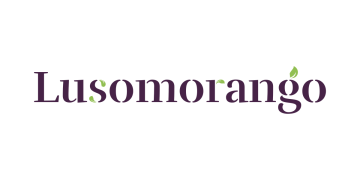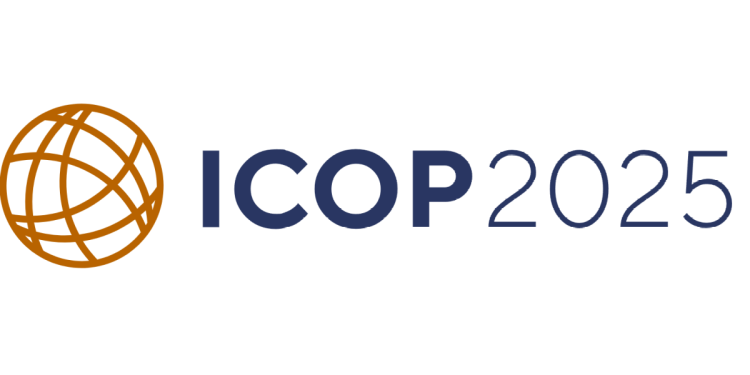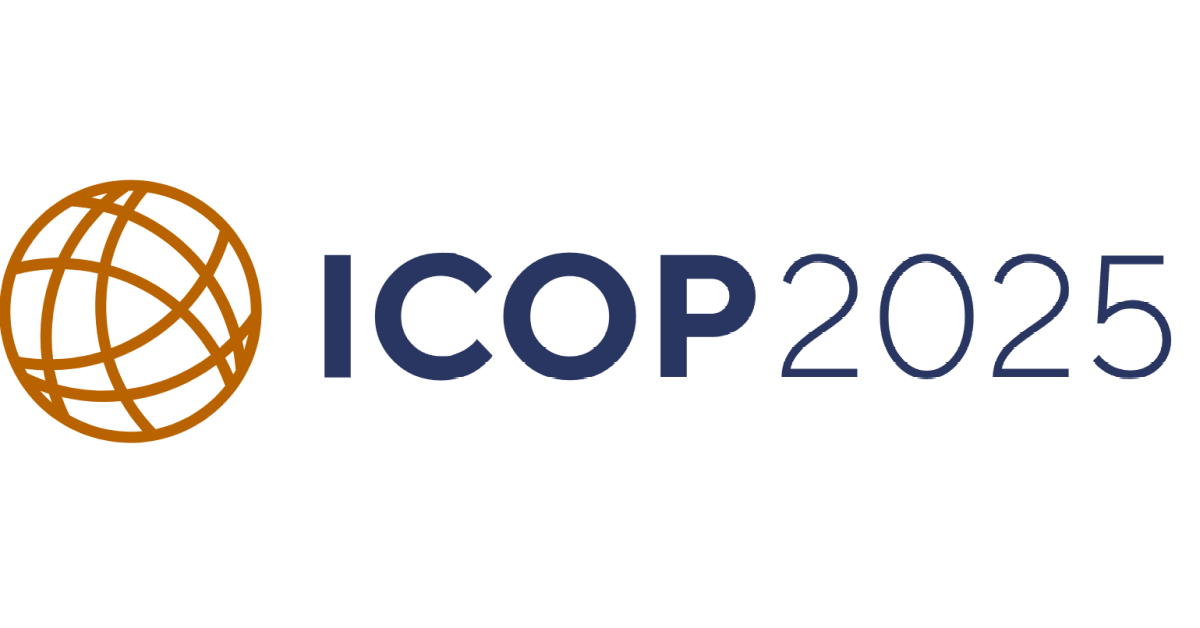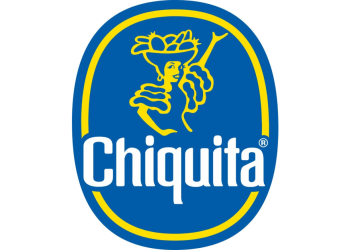The planned changes in the new CAP period from 2028 caused turmoil and uncertainty at the 19th International Conference for Producer Organisations (POs) for Fruit and Vegetables (ICOP) and were arguably the hottest topic at this year’s conference. In keeping with tradition, the ICOP Congress was held as a three-day event from 19 to 21 November 2025 near the Hungarian capital Budapest. The event was once again organised by the Austrian consulting company gfa-consulting gmbh in co-operation with its local Hungarian partner, FruitVeB. About 170 representatives from 15 European nations took part.
As usual, the first day of the conference focused on International trends and developments in the market. Speakers Cindy van Rijswick (Rabobank), Luc Vanoirbeek (Copa Cogeca), Ferenc Apáti (FruitVeB), Gergely Kóra from Spar Hungary and Nikki Hulzebos from the Dutch Fresh Produce Centre outlined various relevant market developments from different perspectives. The expert portfolio included International food and sustainability experts, political stakeholders, retailers and producers.
All of the presentations highlighted the paradox of the fruit and vegetable industry: In theory, the industry is the epitome of health, vitality and a positive image. In practice, however, fruit and vegetable consumption has declined steadily in recent years. In other words, consumers are not doing what they say they will do or what they are told to do. The industry must therefore commit itself to solving this problem in order to survive in the future. After the public part, everyone enjoyed a networking dinner in a relaxed atmosphere – much appreciated by all participants.
‘The Commission has spoken! Now it’s up to you to respond!’ said European Commission spokeswoman Kristine Bori, commenting on the emotional reactions to her presentation at the start of the second day of the conference. During the presentation, massive changes to the subsidy regime for fruit and vegetables from 2028 onwards were announced, which are set to completely overhaul the existing system for producer organisations and, from the industry’s point of view, pose a threat to the fruit and vegetable sector.
According to the European Commission’s plan, the funding provided by the Operational Programme – the most important support instrument for fruit and vegetables – will be structured and calculated in a completely different way. The first and second pillars of the support regime are to be merged into a single fund in future. Co-financing by the Member State is being considered. Transition periods, which are otherwise always possible between CAP periods, will be completely eliminated. From 2028 onwards, everything will be handled according to the new
rules. This poses considerable difficulties for many in the industry in terms of meeting defined minimum requirements for ongoing funding programmes and financing multi-year projects, many of which extend well beyond 2027. The result is massive legal and economic uncertainty regarding ongoing programmes and the new CAP period.
At the ICOP itself, the stakeholders present therefore got together and defined their concerns and demands, which they will take to their national governments. The aim is to maintain the system of sectoral interventions and protect producer organisations in the agricultural sector. The principle of cofinancing (50:50) is to be defended and public support firmly linked to the value of marketed production. In a letter to the Commission, the essential issues of the important transition phase and future budget allocations for fruit and vegetables in the 2028-2034 financial framework will also be questioned.
The other speakers in the first thematic block on the second day were Márton Bittsánsky (Hungarian Ministry), Lisa Martini (AREFLH), Péter Kelemen (Medifruct) and Philippe Appeltans (BelOrta), as well as Sándor Nagypéter from Hungary’s largest producer organisation, Délalföldi Kertészek Szövetkezete. This gave a voice to (merged) producer organisations, ministries and interest groups. Wolfgang Harreither from this year’s main sponsor Valibiotics and Siegfried Rappel (EOS), Matthias Nachtmann (Friends of Digital Farming), Benedikt Pircher (Metos), Ton van Dalen (Oxin Growers) and Gregor Witzmann (Farm-ING) then offered insights into smart solutions for future-oriented, economically and ecologically sound agriculture. The highlight of the second day of the conference was a networking event including sightseeing on a boat in Budapest.
Day 3 of the ICOP conference was divided into three field trips focusing on fruit, vegetables and mushrooms. In his closing remarks at the conference, gfa-consulting Managing Director Wolfgang Braunstein emphasised that the fruit and vegetable industry is a flexible one that has already overcome many challenges. However, given the many uncertainties about what actually lies ahead, the sector is very unsettled and needs answers!
‘We are in a position to survive the announced changes and adapt! But we need to know WHAT actually awaits us and what the framework conditions will be like in order to be able to react accordingly,’ said Braunstein.
According to the organisers, the 20th anniversary edition of the ICOP conference will take place in Austria from 18 to 20 November 2026. The exact venue has yet to be confirmed.
Fonte: ICOP 2025


